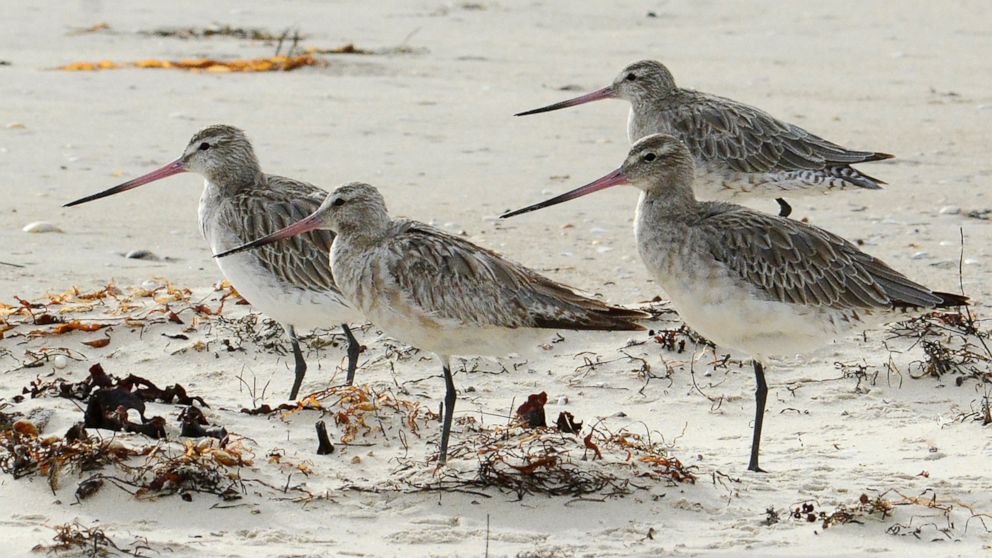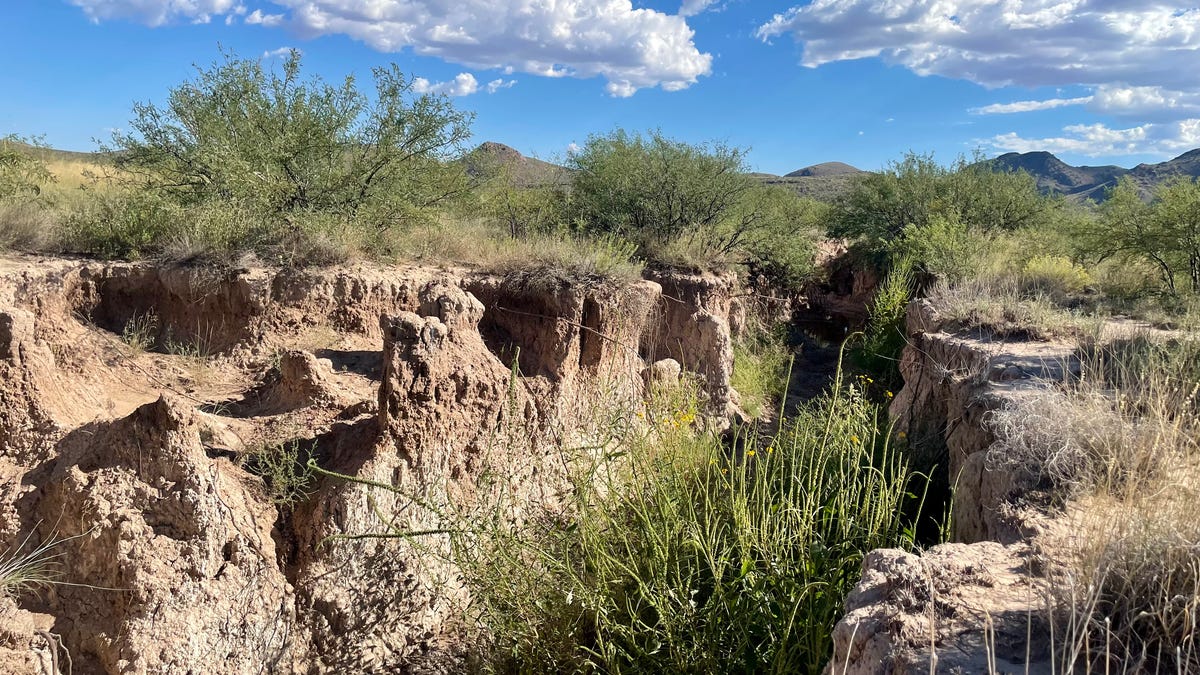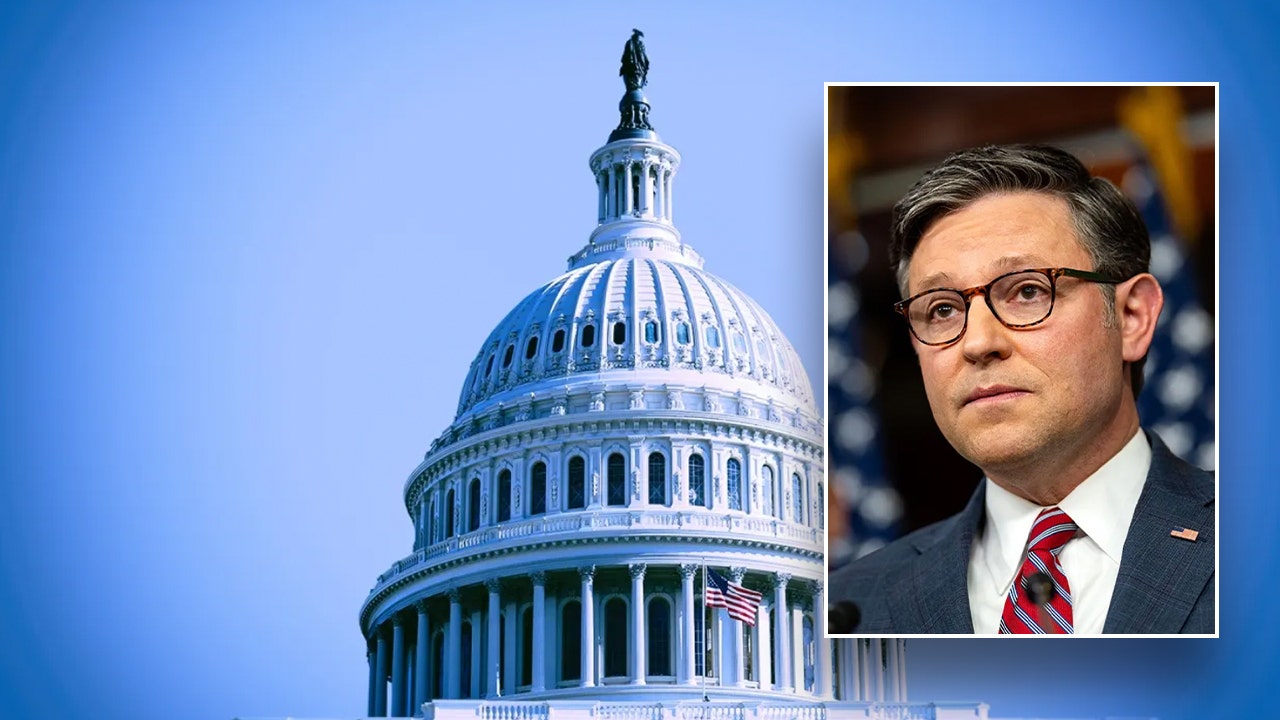The federal government has failed to give adequate information on deaths of killer whales and other marine mammals that become entangled in commercial trawling gear in Alaska waters, claims a lawsuit filed on Thursday in U.S. District Court in Anchorage.
The lawsuit, filed by the environmental group Oceana, targets the National Marine Fisheries Service, an agency of the National Oceanic and atmospheric Administration.
The whales and other marine mammals killed in fishing gear are subjects of what is known as bycatch, the unintended, incidental catch of species that are not the harvest target.
The lawsuit focuses on three Freedom of Information Act requests filed by Oceana from 2021 to 2023. Oceana asked for records, photographs and videos of animals that have been killed as bycatch in Alaska fisheries. The agency denied some requests and provided information in response to others, but that information was heavily redacted, with photographs blurred and made unrecognizable through a pixelation technique and text blacked out, the lawsuit said.
Distorted photos sent to Oceana included images of whales, Steller sea lions, a walrus, and bearded, fur and ribbon seals, according to the complaint, which seeks to compel the agency to provide more complete information.
NMFS justified the redactions and image distortions as necessary to protect confidentiality, according to the lawsuit. But Oceana, in its lawsuit, said those redactions “are not based on any valid legal requirement to protect confidential information and are not consistent” with applicable laws: the Freedom of Information Act, the Magnuson-Stevens Fishery Conservation and Management Act and the Marine Mammal Protection Act.
“Public access to information is essential to hold the government accountable and ensure U.S. fisheries are managed sustainably,” Tara Brock, Oceana’s Pacific legal director and senior counsel, said in a statement issued by the organization. “The unlawful withholding of information by the Fisheries Service related to the deaths of whales, fish, and other ocean life is unacceptable. People have the right to know how commercial fisheries impact marine wildlife.”
Oceana filed a related lawsuit on Thursday in the U.S. District Court of Central California over bycatch of various species of mammals and fish by the halibut trawl fishery that operates off that state’s coast.
An altered photo of a killer whale that died as bycatch in Alaska trawl gear is part of the evidence presented by Oceana in a lawsuit against the National Marine Fisheries Service. The lawsuit, filed onThursday, cites this an other photos provided by NMFS as evidence that the agency is withholding important information about marine mammal deaths in the Alaska trawl fisheries. (Photo provided by Oceana)
That halibut harvest “catches enormous quantities of marine species as bycatch,” which “results in the injury and death of thousands of fish and other animals,” including Dungeness crab, giant sea bass, elephant seals, harbor porpoises and cormorants, among other species. That halibut fishery “has the highest bycatch rate in the nation,” and it discards about 77% of the fish it catches, the lawsuit said.
The National Marine Fisheries Service declined to comment on the lawsuits filed Thursday.
The legal actions follow a period with an unusually high number of killer whales ensnared in trawl gear used to harvest Bering Sea fish. Nearly a dozen killer whales were found dead in 2023, compared to 37 cases of killer whale deaths in fishing gear that were recorded in Alaska from 1991 to 2022.
A different environmental organization, the Center for Biological Diversity, last year filed a notice of intent to sue NMFS over the trawl bycatch of whales and other marine mammals.
So far, no such lawsuit has been filed, said Cooper Freeman, the center’s Alaska director. Instead, his organization has been meeting with NMFS to try to find ways to reduce the dangers to marine mammals from trawling, he said.
“At this point we have not decided to bring a lawsuit although we continue to have very, very serious concerns about the fisheries and are tracking the harms,” Freeman said.
The agency has pledged some corrective action, Freeman said. It has committed to reassess harms to endangered species and it has promised to analyze Alaska’s killer whales as separate populations, one in the Bering Sea and the other in the Gulf of Alaska, he said. Lumping the two populations as one can understate the impacts of bycatch deaths, he said.
Originally published by the Alaska Beacon, an independent, nonpartisan news organization that covers Alaska state government.





:quality(70)/cloudfront-us-east-1.images.arcpublishing.com/adn/LJIFMJ7H75HXVCRV3TMA3QT4Y4.jpg)
:quality(70)/cloudfront-us-east-1.images.arcpublishing.com/adn/CXUYEHROXVFXBM4B4TPCEY75QU.JPG)
:quality(70)/cloudfront-us-east-1.images.arcpublishing.com/adn/YBGQXSCYYVDAJDVUIBUVRQUFQM.jpg)
:quality(70)/cloudfront-us-east-1.images.arcpublishing.com/adn/ARVBL35OIZEEFHN27NNGTNQSWY.jpg)
















/cdn.vox-cdn.com/uploads/chorus_asset/file/25782636/247422_ChatGPT_anniversary_CVirginia.jpg)
/cdn.vox-cdn.com/uploads/chorus_asset/file/25789444/1258459915.jpg)

/cdn.vox-cdn.com/uploads/chorus_asset/file/25546252/STK169_Mark_Zuckerburg_CVIRGINIA_D.jpg)


/cdn.vox-cdn.com/uploads/chorus_asset/file/23951353/STK043_VRG_Illo_N_Barclay_3_Meta.jpg)